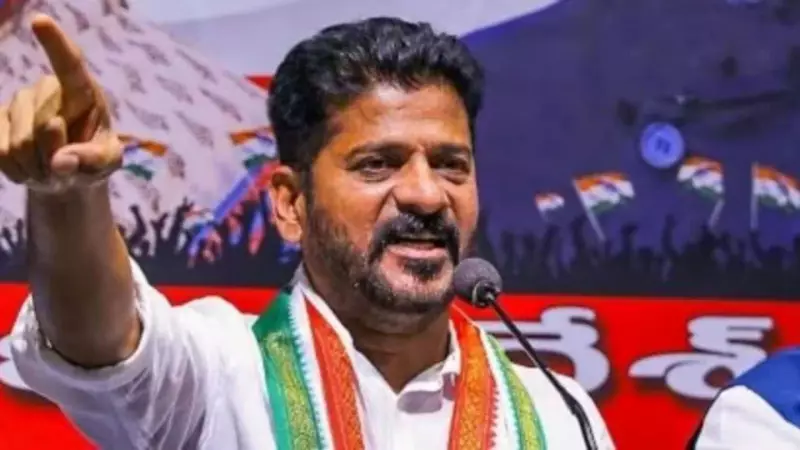
In a startling revelation that has sent shockwaves through political circles, serious questions are being raised about the Congress government's role in the escalating communal atmosphere in Telangana. The southern state, once celebrated for its harmonious social fabric, now finds itself grappling with increasing religious polarization.
The Changing Social Landscape
Telangana, which emerged as India's youngest state in 2014, initially basked in the glory of its peaceful coexistence among diverse communities. However, recent years have witnessed a disturbing shift in this narrative. The state has experienced a noticeable rise in communal incidents, leaving many to wonder about the underlying causes and political motivations.
Political Games or Governance Failure?
Critics argue that the Congress government might be employing a dangerous strategy of soft communalism to consolidate minority votes while maintaining a public stance of secularism. This delicate balancing act, they claim, has created an environment where communal elements feel empowered to operate with impunity.
Key Concerns Highlighted by Observers:
- Selective application of law and order measures
- Ambiguous stance on controversial religious issues
- Political messaging that varies across different audience groups
- Inadequate response to early warning signs of communal tension
The Historical Context
Understanding Telangana's current situation requires examining its political evolution. The state's formation movement was largely driven by regional identity and development aspirations rather than religious considerations. This makes the current communalization trend particularly alarming for those who championed the statehood cause.
Impact on Civil Society
The growing communal divide has begun affecting everyday life in Telangana. Trust deficits between communities, cautious social interactions, and heightened sensitivity around religious festivals have become increasingly common. Civil society organizations report challenges in maintaining the state's traditionally syncretic culture.
Looking Ahead
As Telangana navigates these turbulent waters, the responsibility falls heavily on the state government to recalibrate its approach. The need for consistent, impartial governance has never been more critical. How the Congress administration addresses these challenges will likely determine not only its political future but also the social harmony of India's youngest state.
The fundamental question remains: Is the government merely reacting to existing communal forces, or has its political strategy inadvertently contributed to the polarization? The answer to this question may hold the key to preserving Telangana's cherished social harmony.






